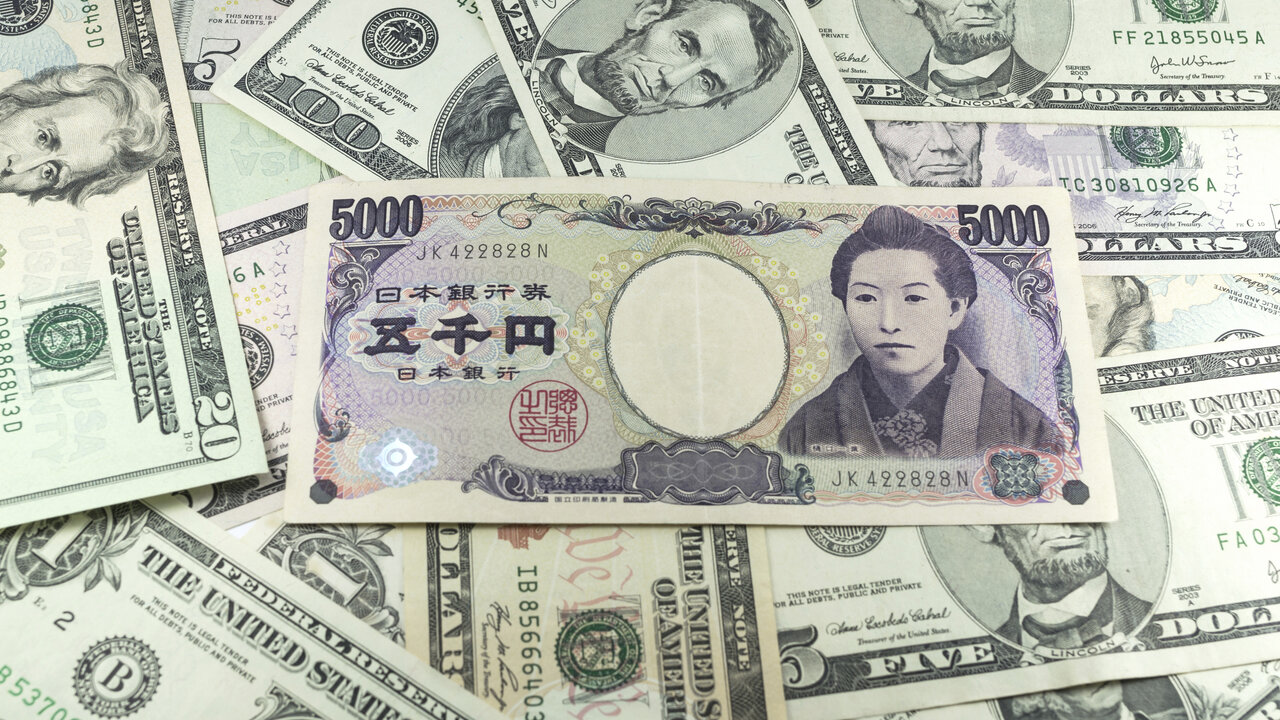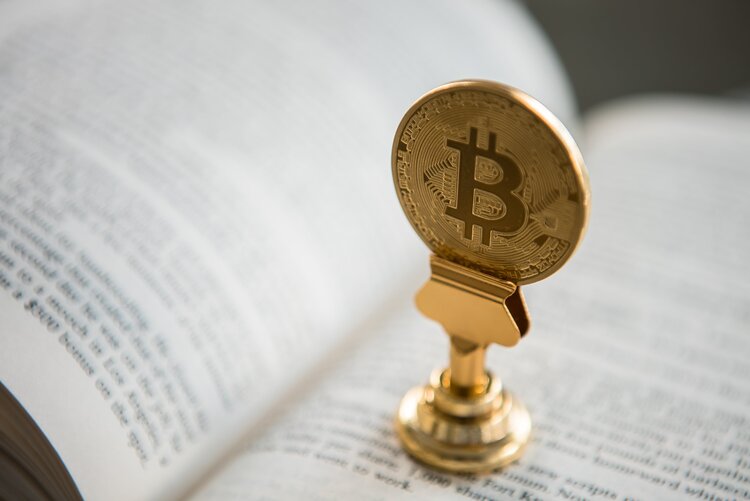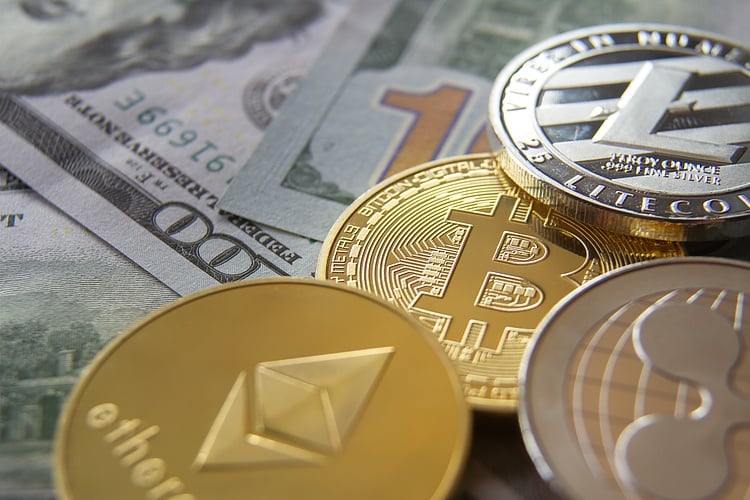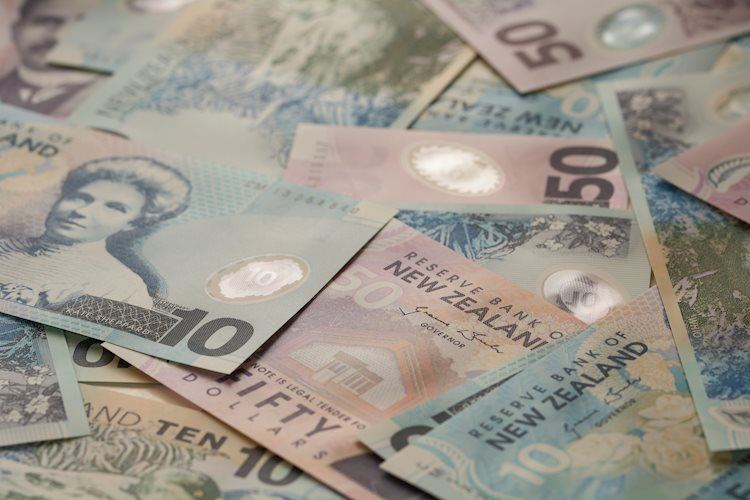- USD/JPY remains muted in the initial Asian session.
- Upbeat economic data lifts demand for the US dollar.
- Yen fails to impress investors on a submissive economic outlook.
The USD/JPY pair continues with the sluggish movement on the first trading week of the day.
The pair booked gains in the previous week and touched the 110.00 level on Friday for the first time since April. However, gains were short lived as the pair falters out rather quickly.
At the time of writing, the USD/JPY pair trades at 109.87, up 0.05% for the day.
The gains in the US Dollar Index (USD) keep USD/JPY afloat in the new trading session. The upbeat string of economic data continues to paint a rosy picture of growth and recovery. Core Personal Consumption Expenditure (CPE) data, a preferred gauge of Fed’s inflation measures, jumped 3.1% in April, beating market expectations at 2.9%.
In addition to that, US Personal spending rose 0.5% in April in line with market consensus, and income fell less than expected 13.1% as against the market expectations of 14.1%.
The US 10-year benchmark retreated to 1.59% after the release of data. The US dollar moved in tandem with the Treasury yields and dropped from the highs of 90.44 to trade near the 90 level. Investors seemed to be less enthusiastic toward the data as it was already discounted.
The strong readings pointed at the economic recovery and fueled expectations of rising inflation pressure. However, Fed’s reassurance on pricing pressures as “transitory” calmed down investor’s nerves.
US President Joe Biden proposed a $6 trillion budget for the next decade that would run a $1.8 trillion government fiscal deficit despite a raft of new tax increases.
In the latest development, speculation over the origin of covid-19 escalated tension between US and China. In another story, a Top official of the Biden administration quoted “US-China engagement era has come to an end”. He said “competition” would henceforth be the “dominant paradigm” and US policy would be formulated under a new set of strategic parameters.
This, in turn, added to the attractiveness of the US dollar as a safe-haven asset.
On the other hand, the Japanese yen is struggling on a downbeat economic outlook. The covid-19 state of emergency has extended, covering Tokyo and eight other states for three weeks until June 20. This is expected to add woes to the fragile economic recovery.
As for now, traders look out for the release of Japan Retail Sales and Industrial Production data to gauge market sentiment.





